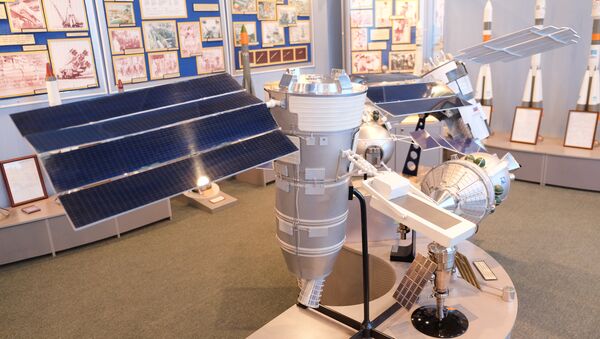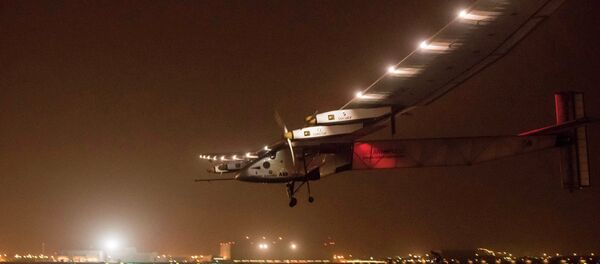“The experimental flight of this unmanned aerial vehicle, equipped with solar panels and batteries, lasted fifty hours and proceeded at an altitude of up to 9,000 meters,” Igor Denisov said.
The prototype of the first atmosphere research satellite, dubbed “Sova” (Owl), has a wingspan of 9 meters and weighs a measly only 12 kilograms.
The Sova project’s authors want to prove that solar-powered drones can cover super-long distances anywhere in Russia.
The Sova will help ensure a continuous monitoring of the Earth’s atmosphere in high latitudes and will also serve as a telecommunications hub.
“This is normally done by space probes which are very expensive but fail to ensure real-time observations. An unmanned solar-powered apparatus will be able to do this better and cheaper than conventional space satellites, manned aircraft or fuel-powered UAVs,” RIA Novosti wrote citing a source at the Russian Foundation for Advanced Research Projects.
The experiment was being carried out by the Russian Foundation for Advanced Research Projects in collaboration with the Moscow-based Taiber R&D Company.



